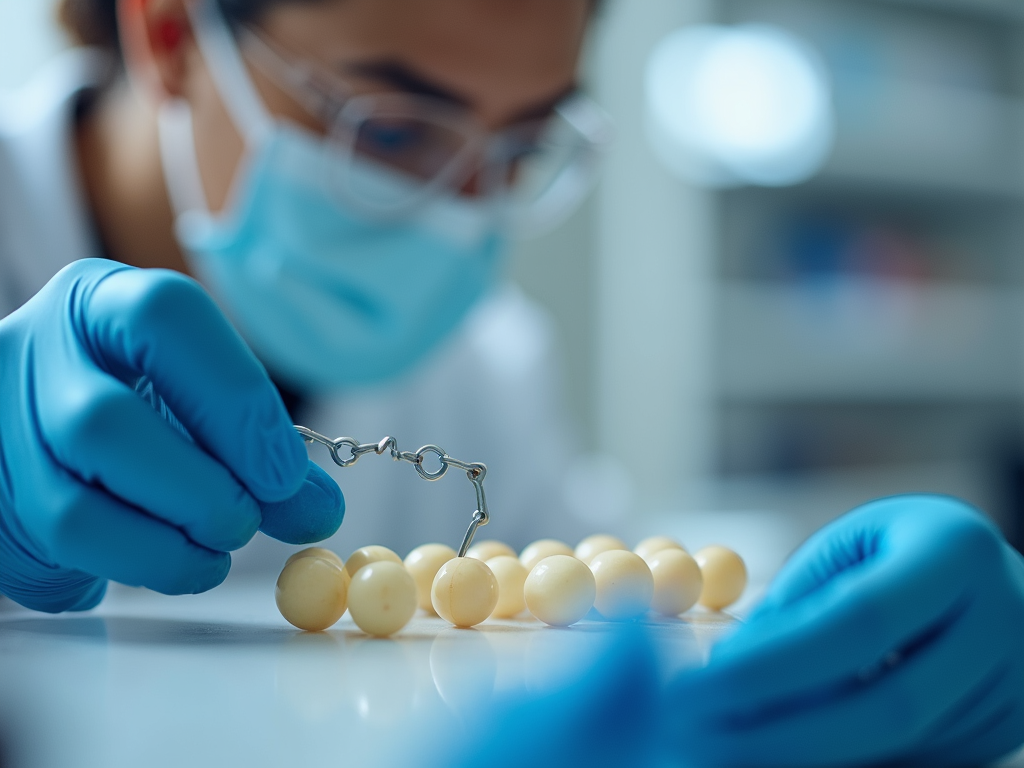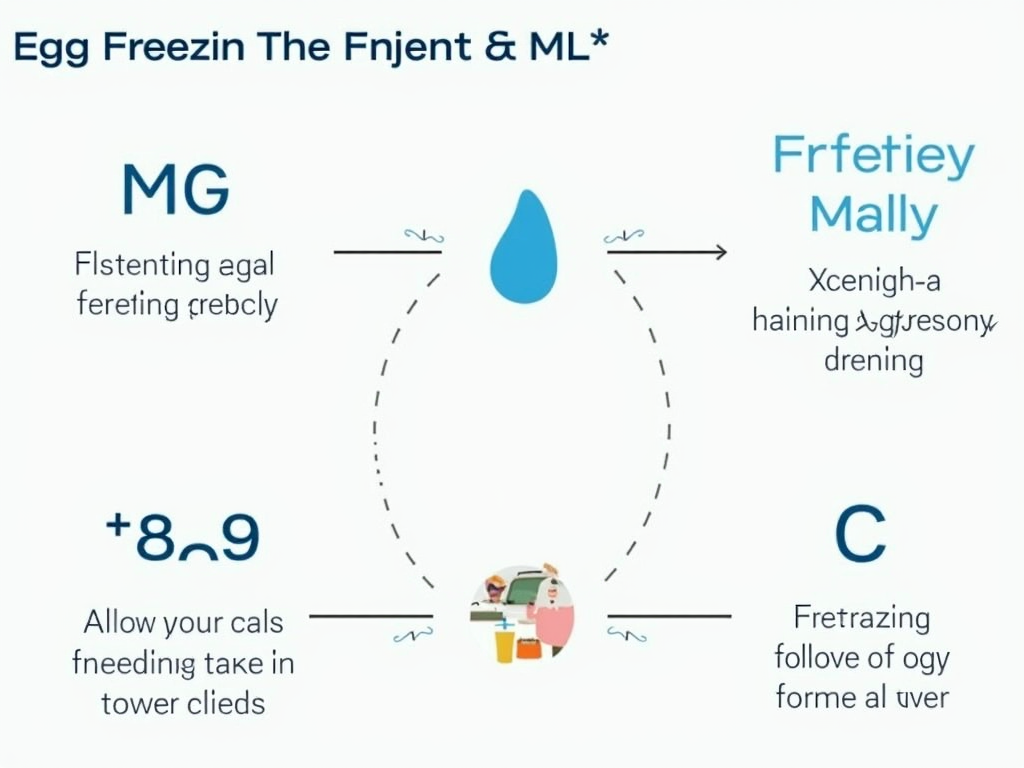Fertility Preservation Options for Cancer Patients: What You Need to Know
May 18, 2025, 7:27 a.m.
Overview
Cancer treatment can save lives, but it may affect your ability to have kids later. Fertility preservation offers hope for cancer patients by protecting their chance to build a family. This article covers key options, chemotherapy’s impact, and steps to take—giving you the info you need.

Understanding Fertility Preservation
Fertility preservation means taking steps to save your ability to have children before cancer treatment starts. It’s a big deal for people facing chemotherapy, radiation, or surgery that might harm their reproductive health. The aim? To keep your options open for starting a family later.
Why It Matters
Having kids is a dream for many. Cancer treatments can mess with that by causing infertility—sometimes temporarily, sometimes forever. For younger patients especially, this can feel like a huge loss. Fertility preservation gives you a way to fight back and hold onto hope.
Sarah’s Story
Sarah was 28 when breast cancer hit. Chemotherapy loomed, and her doctor warned it could hurt her fertility. “I hadn’t even thought about kids yet,” she says. “But suddenly, I had to decide fast.” She chose egg freezing. “It was a relief knowing I had a backup plan.”

Fertility Preservation Options
There’s no one-size-fits-all here. The right choice depends on your cancer type, treatment plan, age, and health. Below are the main options for women and men facing this decision.
Options for Women
- Egg Freezing: Doctors boost your ovaries to make eggs, then freeze them for later. It’s a popular pick.
- Embryo Freezing: Eggs get fertilized with sperm first, then frozen. Great if you have a partner or use donor sperm.
- Ovarian Tissue Freezing: They take out and freeze part of your ovary to use later. It’s less common but promising.
- Ovarian Suppression: Meds pause your ovaries during chemo to shield them. It’s not a sure thing, but it can help.
Options for Men
- Sperm Banking: You provide a sample, and it’s frozen for the future. Simple and effective.
- Testicular Sperm Extraction: If you can’t give a sample, doctors pull sperm from your testicles.
- Testicular Tissue Freezing: Still experimental, this freezes tissue for later. It’s often for boys not yet in puberty.

Understanding Chemotherapy and Its Impact on Fertility
Chemotherapy attacks fast-growing cells—like cancer—but it can also hit healthy ones, including those tied to reproduction. How much it affects you depends on a few things:
- Chemo Type: Some drugs are tougher on fertility than others.
- Dose and Time: More chemo over longer periods ups the risk.
- Your Age: Older folks face a bigger chance of lasting infertility.
- Your Health: Other conditions can play a role too.
Effects on Women
For women, chemo can harm the ovaries. That means fewer healthy eggs and messed-up hormones. It might cause infertility, early menopause, or other issues—temporary or not.
Effects on Men
In men, chemo can lower sperm count and quality. It might also throw off hormones, affecting sex drive and health. Sometimes it’s a short-term hit; other times, it sticks around.

Taking Action: Steps to Preserve Fertility
Want to protect your fertility during chemotherapy? Act fast. Here’s how:
- Talk to Your Doctor ASAP: Bring it up right after diagnosis. Some options need time before treatment starts.
- See a Fertility Expert: They’ll explain what fits your case best.
- Check the Cost: These procedures can cost a lot. Ask about insurance or financial help—some groups like Livestrong Fertility offer support.
- Plan Ahead: Think about what family means to you down the road.
- Find Support: Connect with others who’ve been there—support groups can lift you up.
A Quick Tip
Timing matters. Egg or sperm freezing takes a few weeks, so don’t wait. Your cancer team and fertility specialist can work together to make it happen fast.
John’s Experience
John, 32, faced lymphoma and chose sperm banking. “It was quick,” he says. “I did it in a day, and it took some stress off my plate.” Years later, he’s a dad. “That choice made it possible.”

Summary
Fertility preservation options for cancer patients can safeguard your dreams of a family. Chemotherapy might threaten your fertility, but methods like egg freezing and sperm banking offer real solutions. Talk to your doctor early, explore your choices, and take control. You’ve got this—and there’s hope ahead.